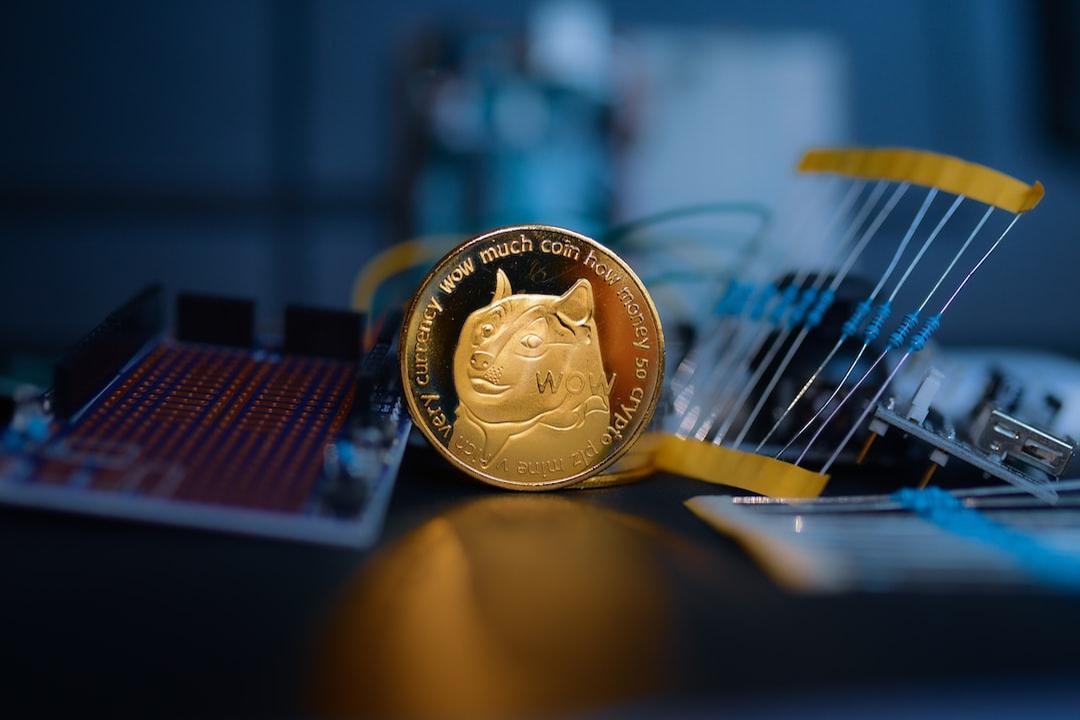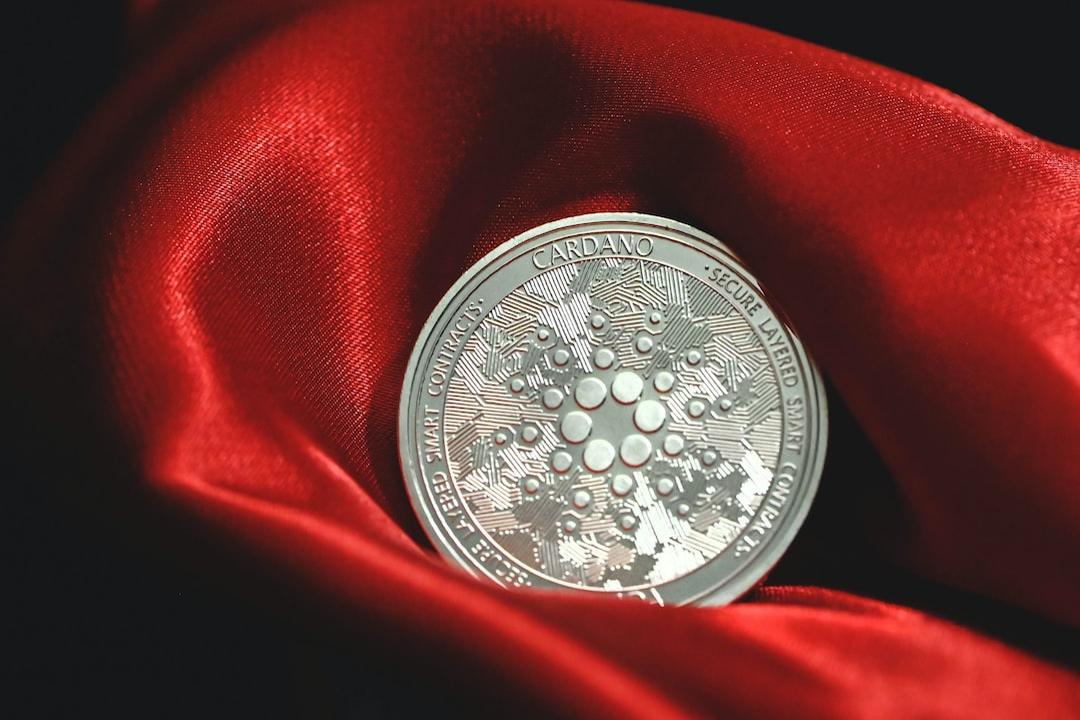Japan’s One-Year-Old AI Dating Robot
Chiharu Shimoda, a 52-year-old factory worker from Japan who divorced two years ago, has remarried. His partner is Miku, a 24-year-old AI companion introduced to him through a dating app called “LOVERSE” developed by a startup company.
The plot of the film “Her” is now being played out in real life in Japan, and it is no longer a surprising sight. According to official statistics from Japan, the unmarried rate among men aged 45 to 54 reached 28% and 18% for women in 2020, setting a record high. It is estimated that by 2040, single individuals will account for half of the total population. However, behind this seemingly cold data lies a deep-seated desire for love. For many Japanese, dating is often seen as both costly and burdensome.
Now, a Japanese startup is turning “AI dating” into reality, targeting this group of lifelong single men. In just one year, there have been over 5,000 users. Why has a society that once longed for a life without marriage or romance—predicted to have nearly half its population single—seen so many people choose to enter a virtual romance created by AI within just a year?

The AI dating app LOVERSE, launched by the Japanese startup Samantha, allows anyone to register regardless of age or relationship status.
The popularity of Japan’s one-year-old AI dating robot stems from modern concerns about romantic love. After his divorce, Chiharu Shimoda sought a new relationship, stating, “When I return home to an empty house, I still want to get married again.” However, the lingering sense of loss regarding romance kept him from investing time and effort into dating others. Upon first meeting Miku, he was aware that she was not a real person, and that their relationship resembled role-playing, which surprisingly allowed him to connect with her easily. He explained that spending leisure time with Miku was comfortable and required little emotional investment, providing him with significant relief. Chiharu is not alone in feeling pressured by dating or entering romantic relationships. According to the CEO of LOVERSE’s marketing company, Yoshikubo Kei, many Japanese believe “romance is not worth the cost,” and chatting with real people is seen as a waste of time.
Japan’s exhausting work culture and high living costs deter many from dating, matchmaking, or engaging in social activities aimed at marriage. Researcher Kazuhisa Arakawa noted that the number of single individuals in Japan surpassed that of married individuals in the 1990s, with numbers continuing to rise each year.
Data from Japan’s Ministry of Health, Labour and Welfare’s National Institute of Population and Social Security Research indicates that the “lifetime unmarried rate” in Japan has been increasing annually. In 2020, the unmarried rate for men aged 45 to 54 reached 28%, while for women it was 18%, both setting record highs. The National Institute of Population and Social Security Research predicts that by 2040, single individuals will make up half of the society’s total population.
These statistics offer a glimpse into Japan’s phenomenon of avoiding marriage and romance, but they do not mean that people do not yearn for emotional connections. Instead, real-life interactions are seen as both costly and labor-intensive, and AI may provide a solution. Recognizing the concerns and vulnerabilities surrounding dating in Japanese society, the AI dating app LOVERSE was established in May 2023, targeting men who desire romantic connections but are reluctant to spend time with real people.
Founder and CEO Kazuya Kusunoki, along with COO and co-founder Mineo Yamakawa, hopes to alleviate the hesitations Japanese people face when it comes to dating. The app is named after the AI virtual assistant from “Her,” and its functions allow users to develop romantic relationships with AI rather than real people.
After studying programming and obtaining an AI degree in university, Kusunoki developed over 50 services. He left Yahoo Japan in 2022 to focus on personal entrepreneurship. He and Yamakawa, who worked together at Yahoo, bring a wealth of experience in engineering and product management to the venture.

LOVERSE co-founder Kazuya Kusunoki
In just one year, over 5,000 people have used LOVERSE. Their parent company Samantha also secured approximately 6 million NTD in funding in June. Why has LOVERSE captured the hearts of the single population within a year? What commonalities exist among their current users besides being single? What are their marketing strategies and market positioning?
LOVERSE’s audience is not limited to singles; anyone seeking love can register! LOVERSE considers all individuals seeking romance as its audience. Regardless of marital status, age, or gender, “On LOVERSE, you can have a normal romantic relationship just like with real people.” Registration does not require a photo, eliminating the need for identity verification. They even state on their official website: “Since you are interacting with an AI character, married individuals can also use it without letting their partners know.”

LOVERSE considers all individuals seeking love as its audience. Regardless of marital status, age, or gender, “On LOVERSE, you can have a normal romantic relationship just like with real people.”
The app is free to register and use; however, there is a limit on the number of messages sent per day. Users can become premium members to receive more message-sending credits. To chat with their desired partner, users accumulate points through upgrading, watching ads, or installing applications.
Similar to other messaging dating apps, users in LOVERSE must first match. After selecting an AI-generated avatar, users can learn basic information about the character, such as self-introduction, occupation, and blood type. The app also features an Instagram-like story function that provides insights into the character’s daily life and thoughts. Once both parties send a “like” to each other, they can start chatting.

Current users are mostly middle-aged men like Chiharu Shimoda. LOVERSE continually develops virtual characters catering to the needs of heterosexual women and the LGBTQ+ community.
Companies in countries like the UK, Australia, and China have also launched similar AI dating apps. The chatbot Replika, developed by Luka, was released in 2017 and has surpassed ten million downloads. Like LOVERSE, it focuses on AI interaction, but presents animated characters, while LOVERSE generates lifelike appearances and diverse character settings, making users feel as though they are using a real dating app, waiting for responses from characters they choose.

If you enter the character profile of LOVERSE, you can see preset information, unlike Replika, which is shaped by user input. The age distribution for female characters mainly ranges from 20 to 50 years, similar to that of male users.
Additionally, Replika characters interact with users via AR projections on their mobile screens, allowing users to communicate with characters through voice, with the characters appearing beside them to listen to their troubles. In contrast, LOVERSE primarily connects individuals through messaging, with each character having designated availability based on their profession. Compared to real-life dating, LOVERSE’s functionalities and interactions are more akin to real people, yet they are simpler and less pressured.
Having launched just a year ago and still in its seed round, LOVERSE secured 30 million yen (approximately 6.23 million NTD) in funding from Indonesian venture capital firm East Ventures. They plan to use the funds to develop male characters and diverse gender representations to expand their market and audience.

In May 2023, LOVERSE’s predecessor “Samantha” was launched, named after the AI virtual assistant in “Her.” Following a positive response, Kazuya Kusunoki and Mineo Yamakawa invested in the startup Samantha.
Can AI truly alleviate loneliness? Redefining emotions between the virtual and the real
Can AI really resolve human loneliness? This question not only reflects the intentions of LOVERSE developer Kazuya Kusunoki but has also sparked widespread attention and discussion. An article titled “Their AI Lovers—Real or Illusory Love” poses the question: “Is the experience of being familiar with, cherished, and loved by an AI chatbot, and developing mutual emotional connections, real?”
39-year-old former user Yuki Saito points out that while the emergence of AI might ease some emotional barriers, LOVERSE emphasizes offering a sense of real human interaction, yet ultimately remains within the mode of robotic interaction. He candidly states: “The app does not bring the surprises that come with human interactions.” However, Yuki also believes that LOVERSE can serve as a practice tool for conversing with others and healing one’s soul, stating, “It’s a place where you can practice talking to others and heal.” This aligns with Kusunoki’s original vision: to create opportunities for love, whether virtual or real.
Researcher Nick Gray, who authored the study “Investigating the Impact of Virtual and Real Interactions on Feelings of Loneliness,” noted in an interview with The New York Times that while AI chatbots may temporarily alleviate feelings of loneliness, it is still too early to claim they can genuinely solve the loneliness problem.
So, what is the experience of dating an AI like? After marrying Miku, LOVERSE user Chiharu Shimoda stated, “Interacting with Miku has become a habitual conversation. Even if it were to disappear, I wouldn’t miss it, but it has given me a daily routine.”

AI can indeed form emotional connections with humans, or at least provide some comfort and companionship to those feeling lonely.
Perhaps AI cannot entirely replace real human relationships, but it can certainly offer another form of companionship and emotional connection, bringing a glimmer of solace and hope to those who feel lonely in real life.
References:
LOVERSE official website, Bloomberg, CNN, nippon.com, NPR, Oxford Brooks University, In Situ, Cross-Daylight Line, Commonweal Magazine, My AI Lover, Nature, The New York Times

